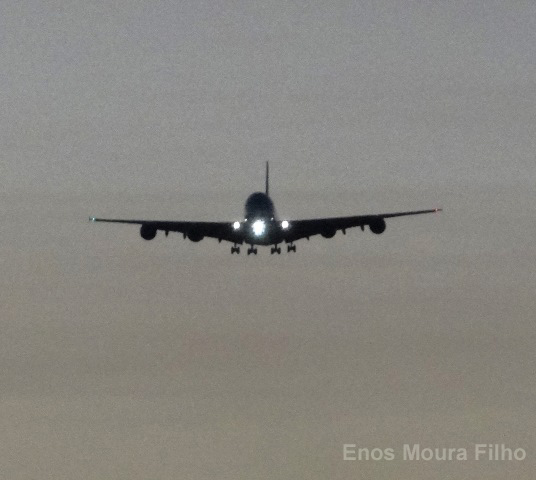The International Air Transport Association (IATA) called on the European Commission to ensure that the upcoming European Union (EU) Aviation Package strengthens the competitiveness and connectivity of the European economy, and benefits European consumers.
«Air connectivity is a crucial driver of economic and social prosperity in the EU. Strong connectivity needs strong airlines. But Europe"™s airlines are struggling, in part because they are hampered by unreasonable taxes, high costs for inefficient infrastructure, and regulations unfit for purpose. An effective Aviation Package must help to alleviate these burdens,» said Tony Tyler, IATA"™s Director General and CEO.
Since 2010 European airlines have operated on an average EBIT margin of 2.3%, and profitability has lagged their North American counterparts by a cumulative $29.8 billion. If this continues, European airlines will struggle to match the investment plans of their international rivals, with implications for jobs and connectivity. The Aviation Package proposed by the European Commission must address weaknesses in the EU air transport sector that impact on air connectivity options and impose higher costs on airlines and passengers.
«Air transport in the EU supports more than 9 million jobs and EUR500 billion in GDP. It is an industry of supreme strategic significance to Europe and its citizens. But a history marked by a collective failure of vision by European policy makers has restricted the benefits of air connectivity. The Aviation Package is a long-overdue opportunity to reinforce the foundations of European aviation,» said Tyler.
IATA is calling upon the Commission to use the Aviation Package to strengthen European aviation in five areas where broad alignment already exists with wider strategic aims of the EU.
"¢ Passenger Taxes: The Bruges Declaration in 2011 encouraged member states to cut taxes on aviation, especially passenger taxes, to «avoid additional burdens affecting European carrier"™ competitiveness.»
"¢ Security: Europe should enable a risk-based approach to aviation security in line with IATA and ACI"™s Smart Security initiative. One-stop security agreements with like-minded countries should also be pursued.
"¢ Consumer Protection: The EU"™s own "˜Better Regulation"™ guidelines should be applied to the revision of Regulation 261 on passenger rights, to bring the regulations more in line with the draft core principles on consumer protection agreed by the International Civil Aviation Organization (ICAO) Air Transport
Regulatory Panel in 2014.
"¢ Carbon emissions: EU negotiators at ICAO agreed at the 2013 ICAO Assembly to push for a global Market-Based Measure for aviation carbon emissions, to be finalized at the 2016 Assembly. The Aviation Package should reinforce this commitment.
"¢ Air Traffic Management modernization: The Commission has long been committed to the implementation of the Single European Sky, but a funding solution for SESAR beyond 2020 is required, and the funding of airborne projects should be increased to 50% (matching the funding given to ground-based initiatives).
Airport Charges Regulation
IATA raised the flag on an area where the Aviation Package risks missing the mark. Effective regulation is needed to rein in airport charges which are an increasing cost burden for airlines. The Aviation Package proposes a substantially weaker regulatory environment for airport charges, which would reduce the benefits to passengers. Airports are failing to match airlines in their efforts to reduce costs and provide better value for money for consumers. Since the year 2000, the price of air tickets has fallen by 37% whereas airport costs per passenger have risen more than 30%, both in real terms.
«The Commission understands the importance of delivering new momentum in areas such as security regulation, the Single European Sky, and working for a globally sustainable industry. That"™s good. But urgent action is needed to strengthen the regulation of airport charges. As virtual monopolies, airports have significantly greater bargaining power than airlines and without effective regulation, airports will have insufficient incentive to reduce charges and promote efficiency. This ultimately impacts on passenger connectivity options and on the cost everyone has to pay,» said Tyler.



